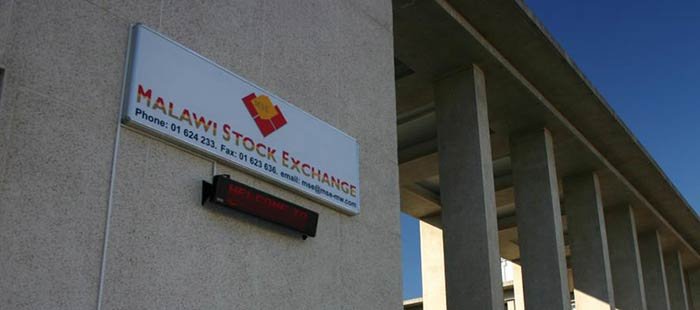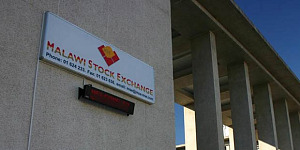The Malawi Stock Exchange (MSE) has renewed calls for small and medium enterprises (SMEs) to embrace public listing as a sustainable way to unlock financing and foster long-term growth.
Speaking at a symposium organized by the MSE in Blantyre under the theme “Unlocking SME Growth through Financing,” MSE board chairperson James Kamwachale Khomba highlighted ongoing efforts to attract SMEs to the Enterprise Growth and Development Exchange (EDGEx) platform, formerly the Alternative Capital Market.
“We have made several efforts to engage SMEs in EDGEx, which we are now calling the Enterprise Growth and Development Exchange,” said Prof. Khomba.
“Through training programs and symposiums like this one, many businesses have shown interest, and six companies under our incubation program are expected to list by June or July,” he added.
EDGEx is designed to offer SMEs access to capital markets without the stringent requirements of the main stock exchange.
Khomba, however, points at governance as the exisitng stumbling block.
“Many SMEs hesitate to list because of the mandatory requirement to relinquish at least 25% control,” Khomba explained.
“But this should not be seen as a loss of control—it’s an opportunity to access capital and grow, just like global giants such as Toyota or Microsoft did.”
He added that while some critics argue the capital requirement of K250 million to K400 million is too high, it is a fair threshold for SMEs, and micro-enterprises are not the current target of the platform.
Supporting the MSE’s initiative, Malawi Agricultural and Industrial Investment Corporation (MAIIC) Chief Finance Officer Thomson Kumwenda said long-term financing is key to SME development and economic transformation.
“As you know, most SME challenges stem from short-term, high-interest loans from commercial banks,” Kumwenda said.
“MAIIC offers long-term, patient capital, including equity, quasi-equity, and credit guarantees.”
Kumwenda applauded the EDGEx initiative, saying it aligns with MAIIC’s financing model.
He stressed that financial institutions must be innovative and flexible when dealing with SMEs.
“You cannot apply the same corporate governance standards used for large corporates to SMEs. They need handholding and tailored support,” he said.
Kumwenda also clarified that MAIIC finances projects focused on production and value addition, not consumption.
“You don’t come to MAIIC to buy a luxury car—you come to access capital for import substitution, exports, or value addition,” he said.
Both institutions called for stronger collaboration between the private sector and financial actors to ensure that SMEs play a central role in job creation and poverty reduction.







































